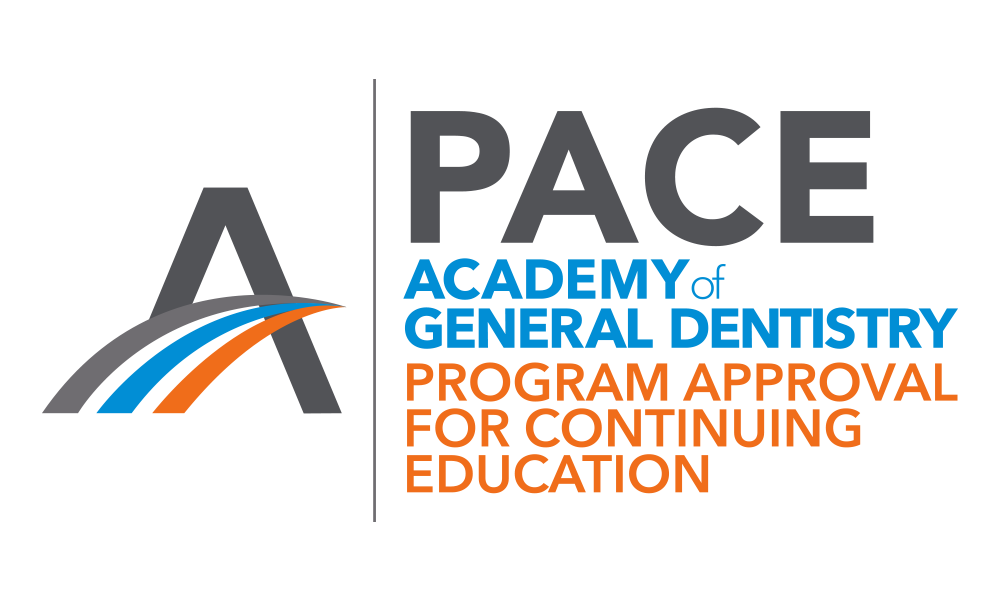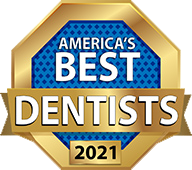The journey to achieving a beautiful and functional smile often includes dental implants. However, the success of these implants largely hinges on a solid foundation, and that is where bone grafting plays a critical role. Understanding when and why bone grafting is necessary can significantly enhance the long-term results of dental implants.
Bone grafting is a procedure in which bone tissue is transplanted to strengthen the jawbone, providing adequate support for dental implants. Bone loss can occur due to various reasons such as periodontal disease, trauma, or prolonged tooth loss. In cases where the jawbone lacks the necessary density or volume, bone grafting becomes vital as it helps restore the structure and shape of the bone.
At Tar Heel Periodontics and Implant Dentistry, patients benefit from a team of knowledgeable specialists who prioritize individualized treatment plans. The use of advanced techniques and materials allows for safer and more successful bone graft outcomes. By ensuring the jawbone is adequately prepared, the stability of the dental implant is significantly improved.
There are various bone grafting options available, depending on the specific needs of the patient. These include:
- Autografts: Bone is taken from the patient’s own body, often from the chin or another site in the mouth.
- Allografts: Bone material is sourced from a donor and processed for safety.
- Xenografts: Bone is obtained from animals, typically cows, which is treated to be safe for human use.
Choosing the right type of bone graft is essential, and the specialists at Tar Heel Periodontics are prepared to advise patients based on individual circumstances. This tailored approach ensures that the selected method aligns with the patient’s specific goals and ensures optimal integration with the existing bone.
A remarkable aspect of Tar Heel Periodontics is the emphasis on technology and techniques that facilitate healing and enhance implant success. Numerous 5-star reviews speak volumes about the care and expertise offered. One patient shared, “The staff are incredibly knowledgeable and made me feel comfortable throughout the entire process.” Such affirmations reflect the commitment to patient satisfaction and exceptional care.
The relationship between bone grafting and dental implant success cannot be overstated. With a solid foundation established through bone grafting, patients can enjoy the long-term benefits of implants, including improved oral function and enhanced aesthetics.
For individuals considering dental implants, understanding the importance of bone grafting is crucial. This step not only fortifies the jawbone but significantly increases the longevity and success rate of the implants.
To learn more about bone grafting and how it can support dental implants, connect with us at Tar Heel Periodontics and Implant Dentistry. Our team is eager to provide valuable insights and assist with any concerns.
Remember, the path to a confident smile begins with a strong foundation. Schedule an appointment today to discuss how bone grafting can play a pivotal role in ensuring your dental implants are successful and enduring. For details, visit our website.
The information provided on this website is for general informational purposes only and is not intended as professional advice. While efforts are made to ensure the accuracy of the content, no liability is assumed for any harm or misunderstandings that may result from the use of this information. This disclaimer applies to all content published on this website.











